Philosophy
799
Readers
Length
11 hours 27 minutes
Year
1916
Summary
In this early collection of formative essays, acclaimed American philosopher John Dewey argues that the idealistic, realistic, and analytic schools of philosophy fail to take into account the pragmatic and experimental nature of experience — common to science and practical experience, but alien to the abstract theorizing of coherentist and correspondence theories of logic.Here we find the essential groundwork for the mature naturalistic and process-oriented metaphysics that Dewey would elaborate in his later mature works such as Experience and Nature and Logic: The Theory of Inquiry.
In his long introduction, Dewey provides a summary and precis of his experimental logic, taking specifically pains to contrast his approach with the emerging analytic logic of Russell and Frege.
Chapters 3-6 take aim at the idealistic logic dominant in his time by providing a close reading and critique of the German logician Hermann Lotze.
Chapters 7-8 argue for the distinction between acquaintance with an external reality and knowledge of that reality.
Rather than disembodied and abstract, Dewey describes a logic arising out of the concrete interactions of organisms embedded within a natural environment. Dewey's logic of experience is essential to an understanding of his various projects, from education, to art, politics, pragmatism, and science.
(Summary by P. J. Taylor)
More from John Dewey
Authorization
By logging in, you agree to the terms and conditions.

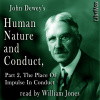
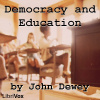
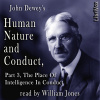
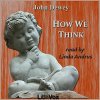
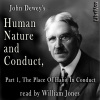
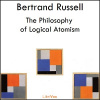
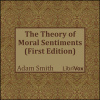
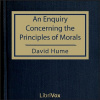

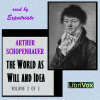
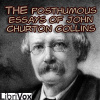






No comments